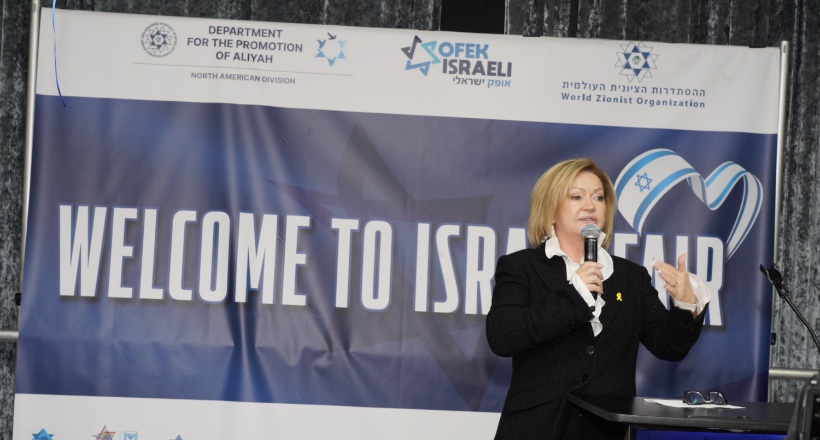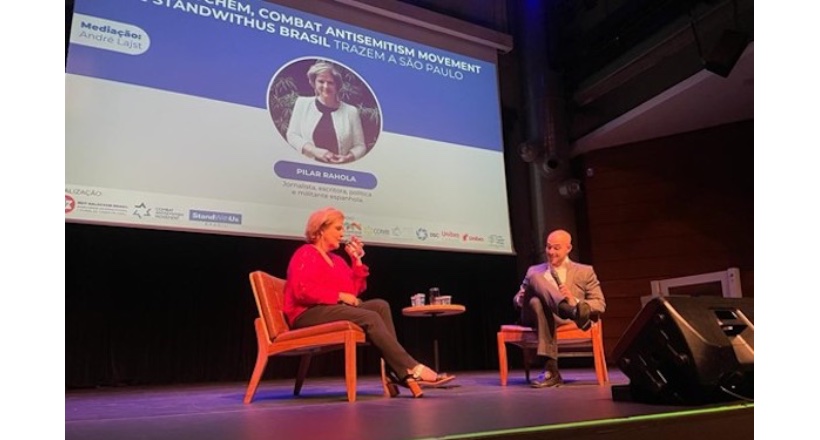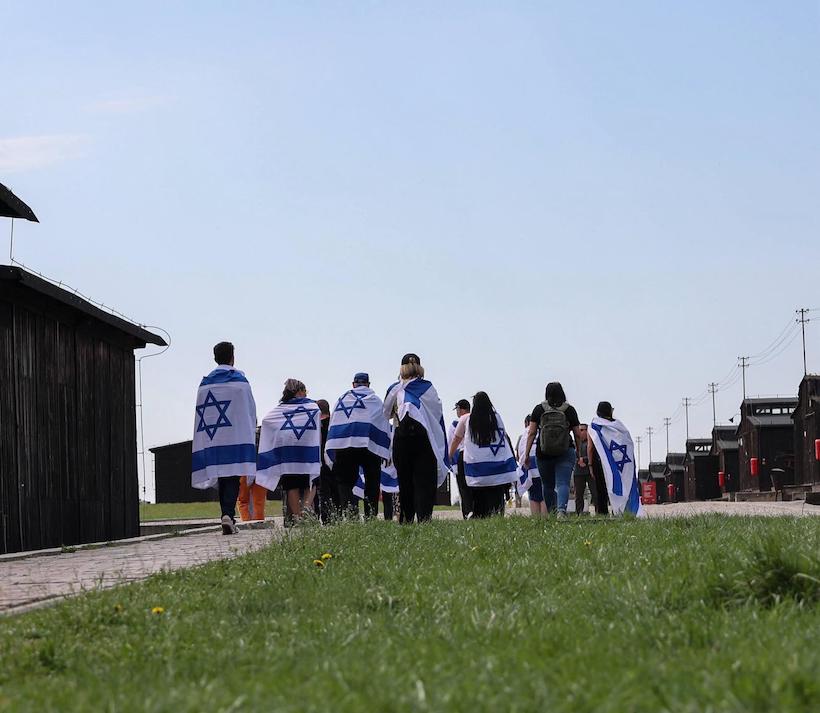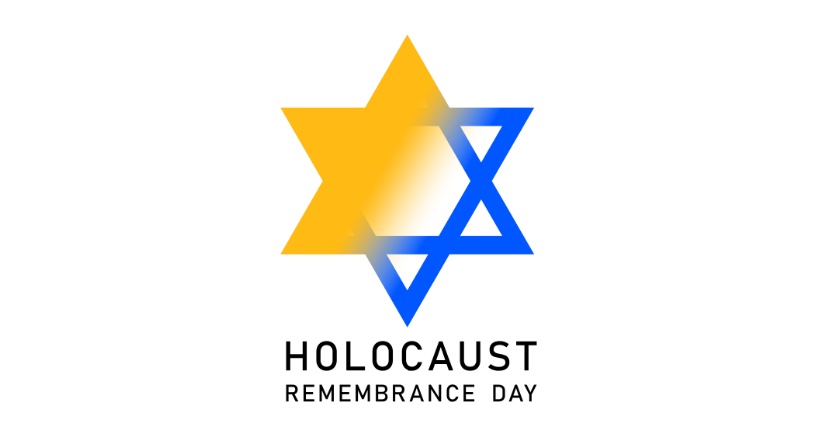Returning Home: How the Repatriation Support Department is Changing Lives
On March 21, Buenos Aires exploded with emotions: Israeli pop star Noa Kirel met with the Jewish youth of Argentina. Hundreds of young people, students of Hebrew study classes of the WZO Department for the Promotion of Aliyah, did not want to let the talented singer go, asked her questions, and learned new words together with her. The hall buzzed with excitement — for the participants of the meeting, it was not just a meeting, but a bridge between them and Israel. In the same month, ulpan classes for doctors were opened in the UK and Brazil, and in the USA, several thousand people participated in an online marathon in support of the Jewish state, featuring leading artists, musicians, and even the Rabbi of the Western Wall. These are not random events — this is the work of the World Zionist Organization Department for the Promotion of Aliyah. Behind each of them are people who are bringing Zionism back to life, making Israel closer for thousands of Jews around the world.

Ten years ago, in October 2015, at the 37th Congress in Jerusalem, an idea was born: to create a structure that would breathe new life into repatriation. The wave of Aliyah in the 90s, when a million people from the former USSR flooded into Israel, was in the past. Congress participants, Jewish leaders from around the world, understood: globalization has blurred the boundaries, and the Zionist dream — to gather Jews in their land — for some, lost its sharpness. But the connection with Israel still lives: even those who are not ready to pack their bags feel it as their roots, their strength. The internet changed the rules of the game: social networks became louder than the media, and the Department had to find new ways — not to wait for Jews to come on their own, but to go to them, awaken their interest, show that Israel is waiting. Thus, this story began.
Today, the numbers speak louder than words: 3,350 Hebrew classes, 52,000 students — from France to South Africa, from Canada to Uruguay. Ten years ago, there were none. Why? Nothing brings people closer together like a common language. Enrolling in a Hebrew class is a kind of indicator of moving towards Israel. People who start learning Hebrew want to know more about the Jewish state, are interested in the news, “try on” and discuss the idea of repatriation, and are more active in countering attacks on Israel. Repatriates who arrive with a base in Hebrew integrate into society faster, find jobs, and build a future. This is not theory — it’s a fact.
The Department’s ulpan classes do not just teach the language — they ignite sparks. The Zoom marathon “Together with Israel: The Way Home” gathered thousands of participants who asked questions: “Where will I work? How to arrange for the children?”. Aliyah fairs — from Belgium to Brazil — show real prospects: work, housing, education. The “Open Lesson” project brings legends like footballer Moti Spiegler or singer Irina Kilfin to ulpan classes — they share how Israel became their home. And “Hebrew Ambassadors” — are already students and stars who share live stories about the country, from Paris to New York.
There are also symbols. In 2019, the Department for the Promotion of Aliyah, in cooperation with the Jewish National Fund, planted the “Olim b’Ivrit” grove. Anyone who studied Hebrew in the Department’s ulpan classes can plant a tree there. This is not just greening — it’s a mark that connects a person with the land of Israel. Or “Café Olé” — online meetings where newcomers chat with repatriates over a “cup of coffee”. The first one took place in 2020, and since then it has become a tradition — live, warm, real.
The Department looks to the future. The “Megamat aliyah” project, which can be translated as “Trend – Aliyah”, helps high school students from Argentina, France, and other countries prepare for Israeli universities even before moving — taking psychometric exams, planning their studies. And “Ivrit Social Club” — is for those who know the basics and want to talk about music, cuisine, or humor in Hebrew, without leaving their comfort zone.
The department has other innovative projects. Research shows: the decision about repatriation in a family is usually made by the woman. The Department has developed and launched projects to give them a voice. The “Golden Golda” award, named after Golda Meir, is awarded annually to women who move communities forward. And the “Geula” program, inspired by Zionist Geula Cohen, prepares a new generation of leaders — young, decisive, believing in Israel. These are not just words: these women become beacons for the diaspora.
Behind all this multifaceted work stand the employees of the Department. This is a team, assembled piece by piece: initiative, knowledgeable about the situation on the ground, ready to work outside the box. They are led by Marina Rosenberg-Koritny — the first representative of Aliyah from the USSR-CIS in such a position in the WZO. Her path — from repatriate to leader — is proof: Zionism lives in deeds.
A special test for the Department was the events of October 7, 2023. It was a test of strength, of the ability to take a hit and remain a support for thousands of people. When 7,000 Hamas terrorists attacked Israel, killing 1,182 people, injuring more than 4,000, and kidnapping 251 hostages, among the victims were families of students from foreign ulpan classes and participants in the Department’s projects. Alarm, fear, pain — these emotions overwhelmed everyone, from the kibbutzim near Gaza to the diaspora across the ocean. Within hours, an emergency headquarters was opened, hotlines were operational — communication was established with everyone who studies, teaches, or works with the Department around the world. Information about relatives, assistance to the evacuated, words of support across thousands of kilometers — all this showed: distance is not a barrier to cohesion. Educational programs were restructured on the fly: Hebrew was enriched with words “bomb shelter” (miklat), “war” (milchama), “reservist” (miluimnik) — so that students understand what is happening, firsthand, and not through the distorted mirrors of foreign media. It was a test not only organizational but also moral: how to convince Jews of the diaspora that Israel is their home, even when rockets are flying? The answer came in action — in support, in the fact that the Department not only stood firm but became stronger.
Ten years ago, it all started from scratch. Today, it is a powerful network that stands on three pillars: inspiring repatriation, awakening interest in Hebrew, strengthening the diaspora’s connection with Israel. The Department does not wait for Jews to knock on the door — it goes to them, even to those outside the communities, especially to the youth. The results are impressive: thousands are returning, tens of thousands are learning the language, more and more people feel a connection with Israel.
“More than half of the Jews still live outside Israel,” emphasizes Marina Rosenberg-Koritny. — “In the past, the Jewish people needed their own country. Today, the Jewish state needs its people. Repatriation is not just moving, it’s returning home. And we do everything to make this path a reality.”





